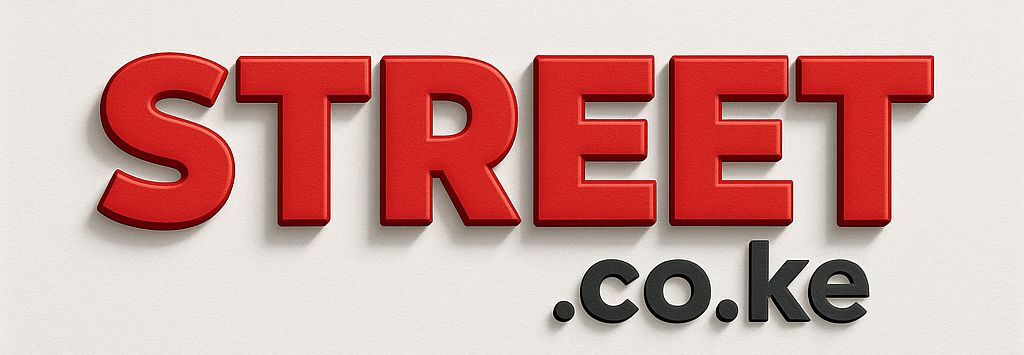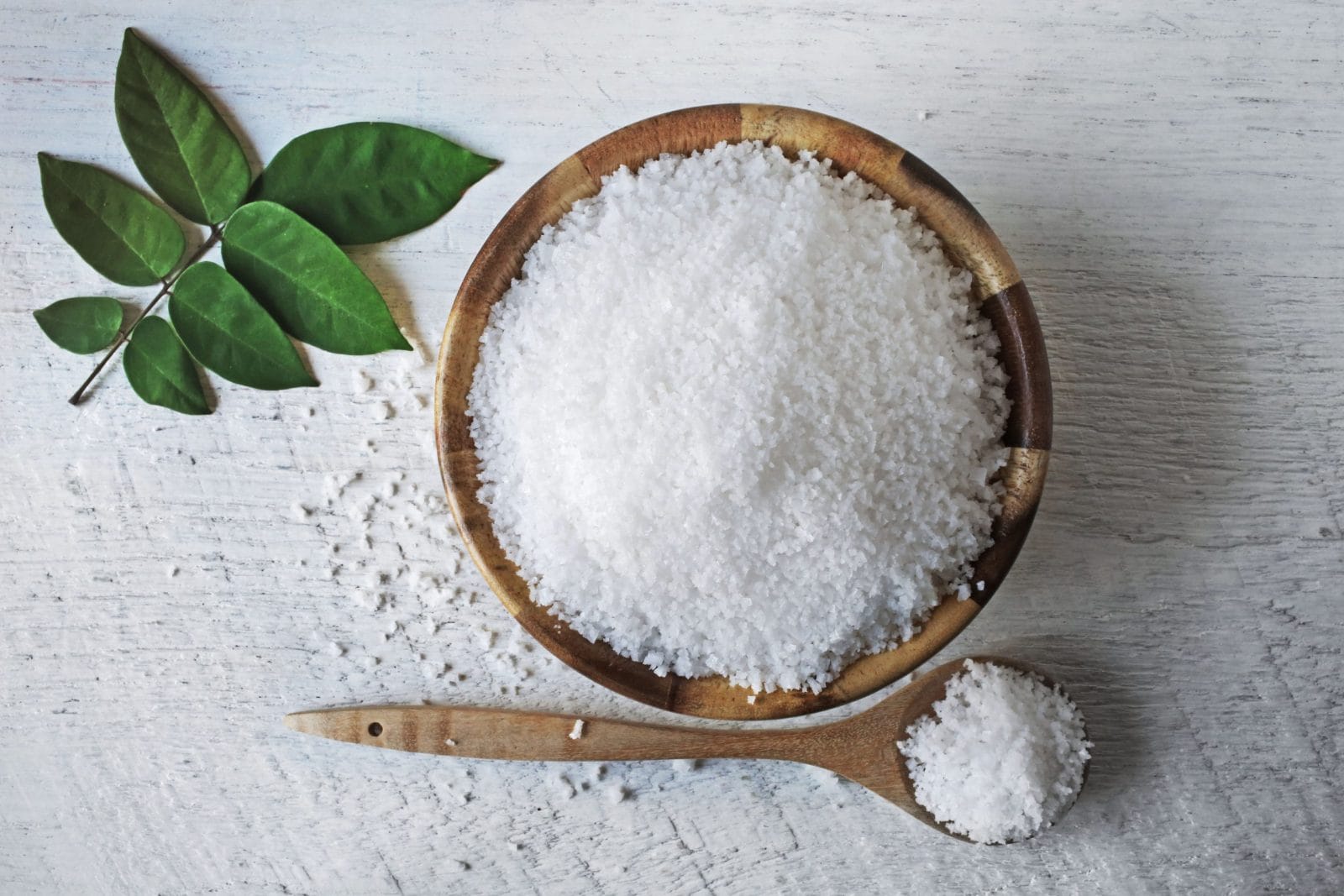By Street Staff Writer | August 2, 2025
Salt, the humble seasoning that elevates every dish, is a kitchen staple worldwide. Yet, beneath its savory allure lies a growing concern: is salt quietly harming our health? Dubbed the “silent killer” by health experts, excessive salt consumption is linked to a host of serious conditions, from high blood pressure to heart disease and cognitive decline. Recent studies and global health warnings are urging us to rethink our relationship with sodium—but how much is too much, and can we really cut back?
The World Health Organization (WHO) recommends limiting daily salt intake to under 5 grams—about one teaspoon—to curb health risks. Yet, the average global consumption hovers around 8.4 grams, with processed foods like snacks, sauces, and ready meals accounting for over 70% of sodium intake. A 2023 study in the British Journal of Pharmacology revealed that high salt intake triggers the angiotensin II-AT1 and prostaglandin E2-EP1 systems, leading to hypertension and cognitive impairment, including dementia risk. “Excessive salt is a risk factor for cognitive dysfunction and dementia,” says Hisayoshi Kubota from Fujita Health University, highlighting the brain’s vulnerability to sodium overload.
High blood pressure, or hypertension, remains the most alarming consequence of excess salt. Often symptomless, it’s a leading cause of heart attacks, strokes, and kidney failure, claiming an estimated 10 million lives annually, according to the CDC. A 2024 Guardian report noted that halving salt intake can significantly lower blood pressure, even for those on medication, potentially preventing 1.4 million new hypertension cases by 2035 if WHO guidelines are met. Sodium’s role in fluid retention strains blood vessels, and over time, this pressure damages vital organs.
Beyond the heart, salt’s impact is far-reaching. A 2021 Healthline study linked high-salt diets to stomach cancer, with salty foods like pickled vegetables increasing risk by up to 30% in some populations, possibly due to inflammation caused by Helicobacter pylori bacteria. Salt also accelerates bone loss, raising osteoporosis risk, as sodium leaches calcium from bones, according to Harvard’s Nutrition Source. Even autoimmune diseases like arthritis may be triggered by salt’s inflammatory effects, as noted in a 2013 British Medical Journal study.
The challenge lies in salt’s stealthy presence. “I don’t add salt to my food,” is a common refrain, but processed snacks, restaurant meals, and even “healthy” options like vegan ramen can pack over 5 grams per serving. A 2023 post on X by @SodiumReduction warned that many packaged foods hide sodium levels that spike blood pressure, even if they don’t taste salty. The food industry’s reliance on salt for flavor and preservation makes cutting back tricky, despite calls for reformulation. In 2012, Health Canada’s push to reduce sodium in processed foods fell short, with 77% of sodium still coming from such sources.
Not everyone agrees on salt’s villainy. A 2018 ScienceDirect study argued that salt intake between 6 and 12 grams daily—common globally—shows no clear harm for non-hypertensive individuals, and very low sodium (below 3 grams) may even raise mortality risk by activating the renin-angiotensin system. This U-shaped curve suggests moderation, not elimination, is key. Still, populations like Black Americans face heightened risks, with salt-related diseases striking two to six times more often, per a 2012 book by Dr. Surender Neravetla.
So, how do we tame the silent killer? Experts suggest cooking from scratch with herbs and spices, reading nutrition labels, and prioritizing potassium-rich fruits and vegetables, which counteract sodium’s effects. The DASH diet, endorsed by MSU Extension, emphasizes low-sodium choices and fresh produce to manage blood pressure. Small changes, like skipping the saltshaker or choosing low-sodium sauces, can add up. “Knowledge is power,” says Elie Chamoun, a University of Guelph researcher. “Knowing what you eat lets you control your health.”
Salt isn’t the enemy—it’s essential for bodily functions like nerve signaling and fluid balance. But in excess, it’s a slow-burning threat. As @WHO posted on X in July 2025, cutting back on processed foods is a simple step to slash heart disease risk. The question isn’t whether salt is a killer, but whether we’re willing to rethink our habits before it strikes.

